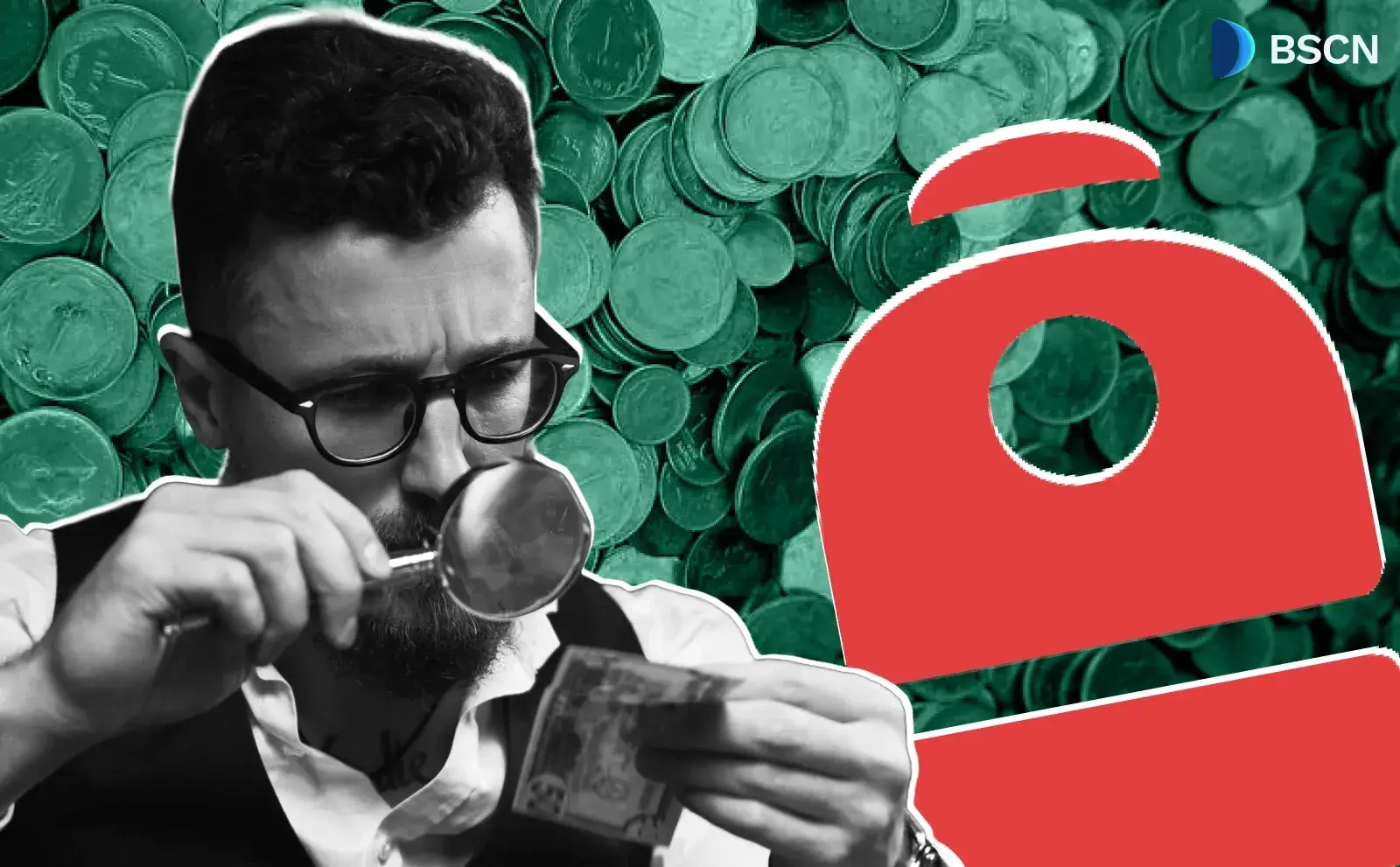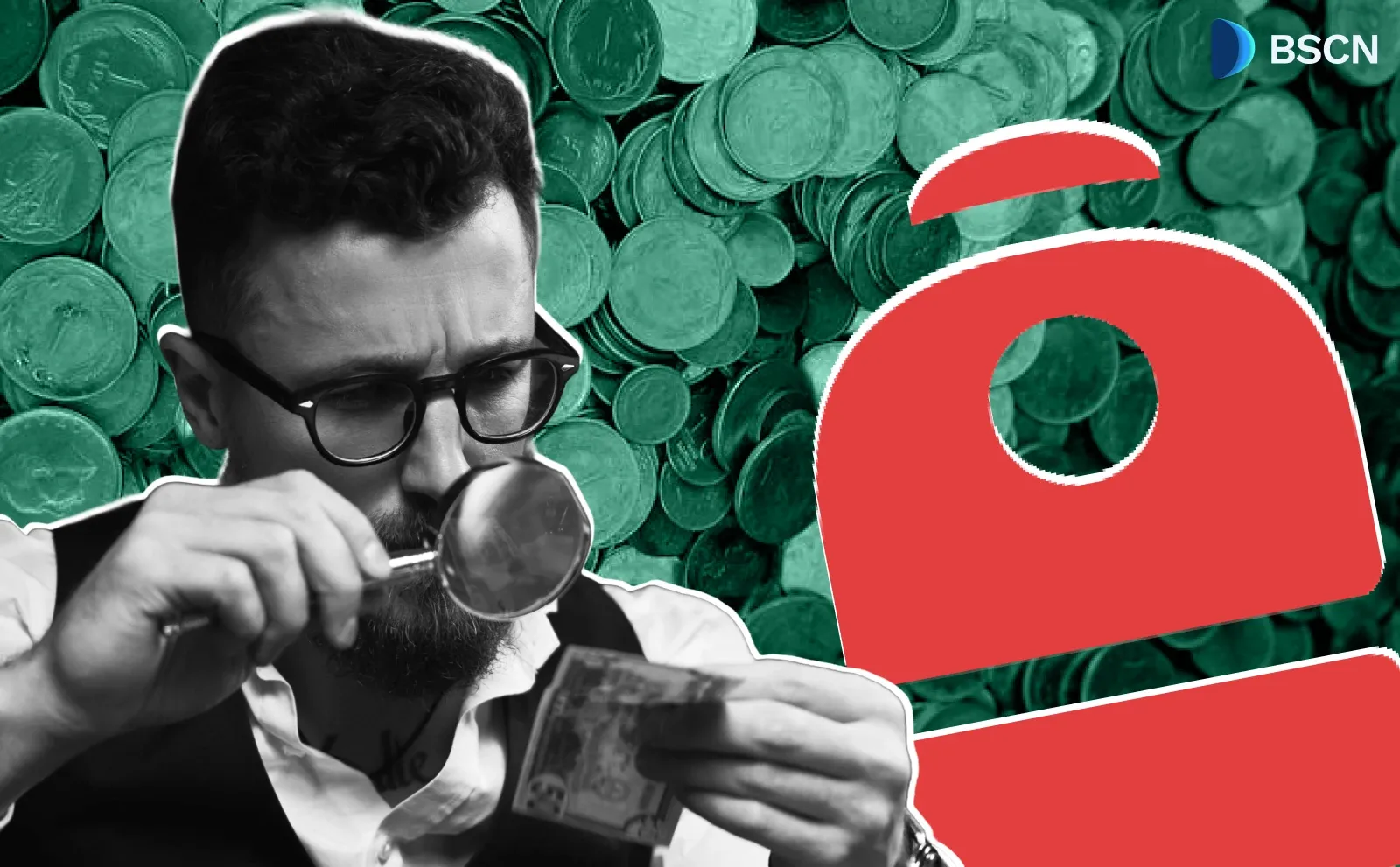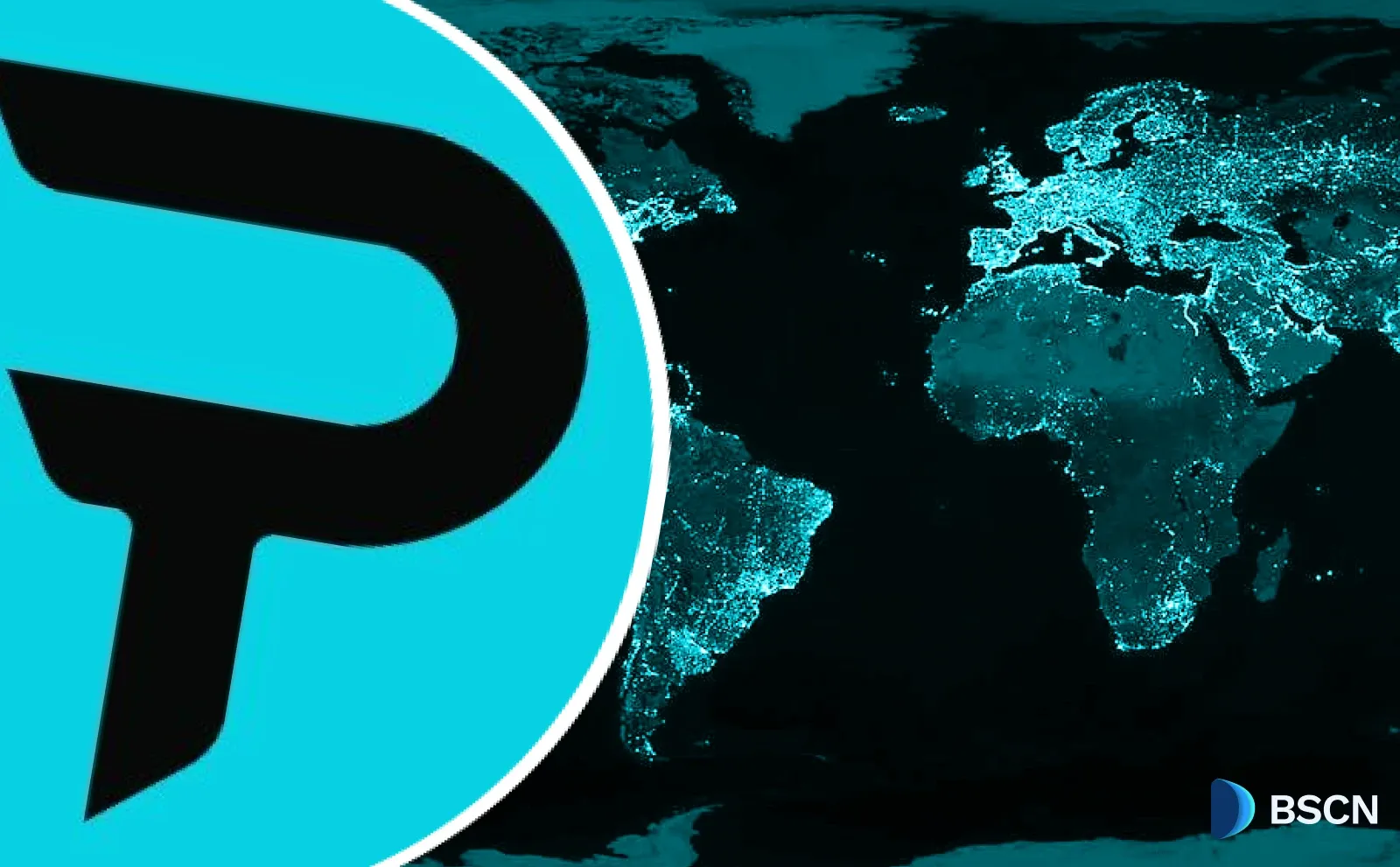Why Is Thailand Cracking Down on P2P Crypto Transactions?

A new legal framework gives Thai authorities the power to block overseas crypto exchanges that operate without regulatory oversight.
Soumen Datta
April 10, 2025
Table of Contents
Thailand is intensifying its battle against cybercrime with new legal measures aimed at foreign cryptocurrency platforms—especially peer-to-peer (P2P) services operating without regulatory approval. The country’s Securities and Exchange Commission (SEC) is leading the charge to tighten oversight, block unauthorized platforms, and prevent the misuse of digital assets for scams and money laundering.
A New Legal Push Against Foreign Crypto Services
In a press release dated April 8, Thailand’s SEC confirmed new legal tools allowing it to block foreign crypto exchanges and P2P platforms from offering services in the country. These measures are designed to protect Thai investors and curb the growing use of cryptocurrencies in cybercrime, especially money laundering and fraud.
The updated rules classify P2P services as digital asset exchanges under Thai law, giving the regulator full authority to pursue action against them.
“The SEC will collaborate with the Ministry of Digital Economy and Society and relevant agencies to enhance the efficiency in preventing the use of digital assets as a means for money laundering,” said Pornanong Budsaratragoon, Secretary-General of the Thai SEC.
Crypto Mule Accounts Under the Microscope
A key component of the crackdown involves crypto mule accounts—wallets used to receive or forward illicit funds, often as part of larger scam operations.
The new laws introduce severe penalties for anyone caught opening or allowing their crypto wallets to be used for illegal activity. Those found guilty could face up to three years in prison and fines of up to 300,000 baht (approximately $8,700).
Crypto platforms operating in Thailand must now flag, freeze, and report suspicious activity. Failure to comply will not only trigger financial penalties but could also lead to criminal charges.

Blocking Foreign Websites and Mobile Apps
The updated framework gives Thai authorities the power to block websites and mobile applications offering unauthorized crypto services. The SEC has been tasked with compiling a list of foreign platforms targeting Thai users, which it will send to the Ministry of Digital Economy and Society for legal enforcement.
These platforms will be blocked following court approval. Thai users will receive a grace period to manage or withdraw funds from these unauthorized services before access is revoked.
This preemptive approach reflects Thailand's broader ambition: to eliminate grey-market crypto activity and force all providers to operate under domestic regulation.
Expanding Oversight to Banks and Tech Companies
Thailand's crypto crackdown isn’t limited to crypto exchanges. Banks, telecom providers, and social media platforms could now be held liable for failing to prevent online scams.
This is part of a wider initiative to make every player in the digital ecosystem responsible for reducing cybercrime. If these companies don't follow regulatory standards, they could be considered complicit in crimes committed through their platforms or infrastructure.
Why P2P Crypto Services Are Being Targeted
Peer-to-peer services are more difficult to track, and they often avoid holding users' funds directly. This makes them a convenient tool for fraudsters and money launderers. Without centralized intermediaries, tracing illegal transactions becomes harder for regulators.
By treating these P2P platforms as exchanges under Thai law, the SEC can now demand compliance, enforce penalties, or even shut them down entirely within the country.
This move may push several global crypto firms to either register locally or exit the Thai market altogether.
Regulatory Context: Stablecoins and ETFs
Ironically, the crackdown comes just weeks after the Thai SEC took a pro-crypto stance, approving Tether (USDT) and Circle’s USDC for trading on regulated exchanges. These stablecoins now join Bitcoin, Ethereum, XRP, and Stellar as legal assets in Thailand’s crypto markets.
Additionally, the country had earlier approved its first Bitcoin ETF, though it remains open only to institutional and high-net-worth investors.
This dual-track policy shows that Thailand is not anti-crypto. Instead, it wants clear boundaries, separating legitimate, compliant players from unregulated or high-risk platforms.
Thailand’s push for transparency also extends to local crypto firms. In 2024, the SEC charged Ekkalarp Yimwilai, former CEO of Zipmex Thailand, with fraud and corruption. The case revealed discrepancies in company reports and exposed the lack of internal oversight.
This scandal may have accelerated regulatory momentum, pushing Thai authorities to tighten rules on all digital asset service providers, whether domestic or foreign.
What This Means for Crypto Users in Thailand
For everyday crypto users, the new laws mean fewer platforms to choose from, but greater safety when trading or investing. It also puts more pressure on users to verify that platforms are licensed in Thailand.
The grace period for withdrawing funds from unauthorized exchanges will help prevent sudden losses or asset freezes. However, users should still act quickly to secure their holdings.
Thailand is drawing a clear line in the sand: crypto innovation is welcome, but only within a tightly controlled regulatory framework.
The SEC’s latest steps show that the era of unregulated crypto services in Thailand is coming to an end. What follows is a more accountable ecosystem, one where trust, legality, and investor protection are prioritized over anonymity and speed.
Read Next...
Disclaimer
Disclaimer: The views expressed in this article do not necessarily represent the views of BSCN. The information provided in this article is for educational and entertainment purposes only and should not be construed as investment advice, or advice of any kind. BSCN assumes no responsibility for any investment decisions made based on the information provided in this article. If you believe that the article should be amended, please reach out to the BSCN team by emailing [email protected].
Author
 Soumen Datta
Soumen DattaSoumen has been a crypto researcher since 2020 and holds a master’s in Physics. His writing and research has been published by publications such as CryptoSlate and DailyCoin, as well as BSCN. His areas of focus include Bitcoin, DeFi, and high-potential altcoins like Ethereum, Solana, XRP, and Chainlink. He combines analytical depth with journalistic clarity to deliver insights for both newcomers and seasoned crypto readers.
Crypto Project & Token Reviews
Project & Token Reviews
Comprehensive reviews of crypto's most interesting projects and assets
Learn about the hottest projects & tokens


















